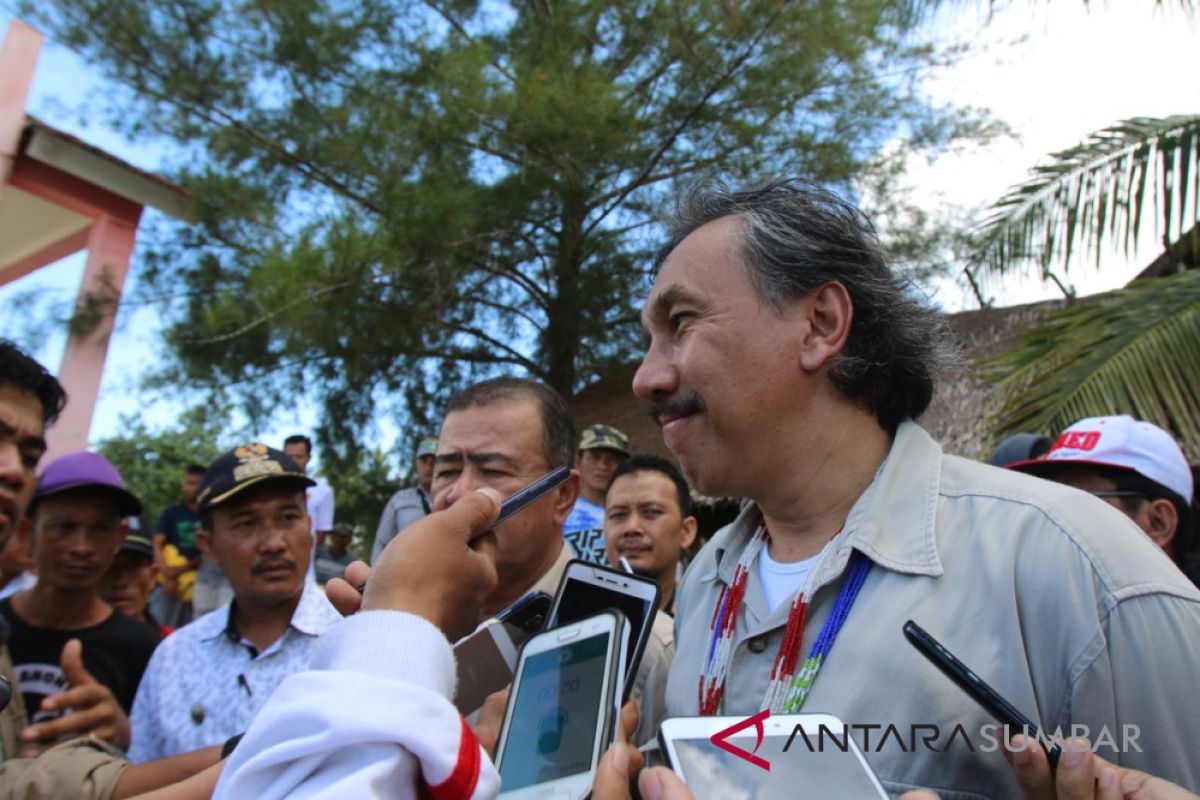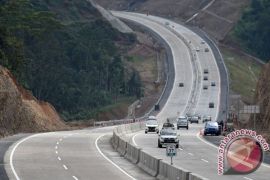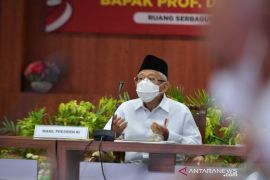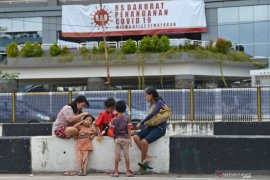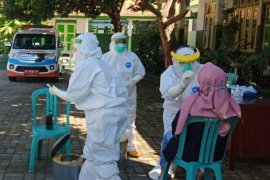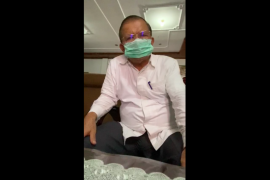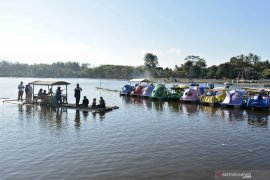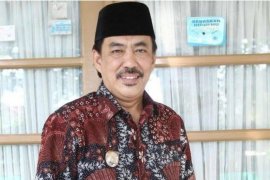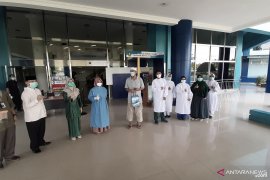The guidebook publication involved the Ministry of Transportation, the Coordinating Ministry for Maritime Affairs and Investment, the Ministry of Public Works and Public Housing, the Indonesian National Police, and other relevant institutions or agencies. Public hearings will be held before the guidebook is launched.
"The steps and regulations in force will be valid for two months, until the end of the outbreak and will be reviewed regularly," Deputy for Infrastructure and Transportation Coordination at the Coordinating Ministry of Maritime Affairs and Investment Ridwan Djamaluddin said in a statement here on Sunday.
Although the government does not prohibit "mudik" for Idul Fitr Islamic Festivity this year, the government will implement various tightening policies for people who return to their hometowns, one of which is physical distancing measure.
The physical distancing among others is done by reducing the capacity of passengers, both using public and private vehicles.
"Public and private transportation are needed to implement physical distancing . As for public transportation by raising the price of public transport tickets. For example, a bus with a capacity of 50 can only accommodate 25 people, the ticket price is raised," he said.
Ridwan said that private vehicle policies, such as motorbikes, cannot carry passengers. As for private cars, it must carry a maximum of half of its passenger capacity.
"All of these actions will be strictly enforced by the police and the Ministry of Transportation," he said.
In addition, people who return to their hometowns are required to carry out independent isolation for 14 days upon arrival in their villages and 14 days after returning to Jakarta or other cities.
In this case, local governments are required to establish the required healthcare facilities.
"With these steps, the number of people returning to their hometowns this year is estimated to be low," Ridwan said.
Translator: Ade Irma, Azis Kurmala
Editor: Fardah Assegaf
Copyright © ANTARA 2020
